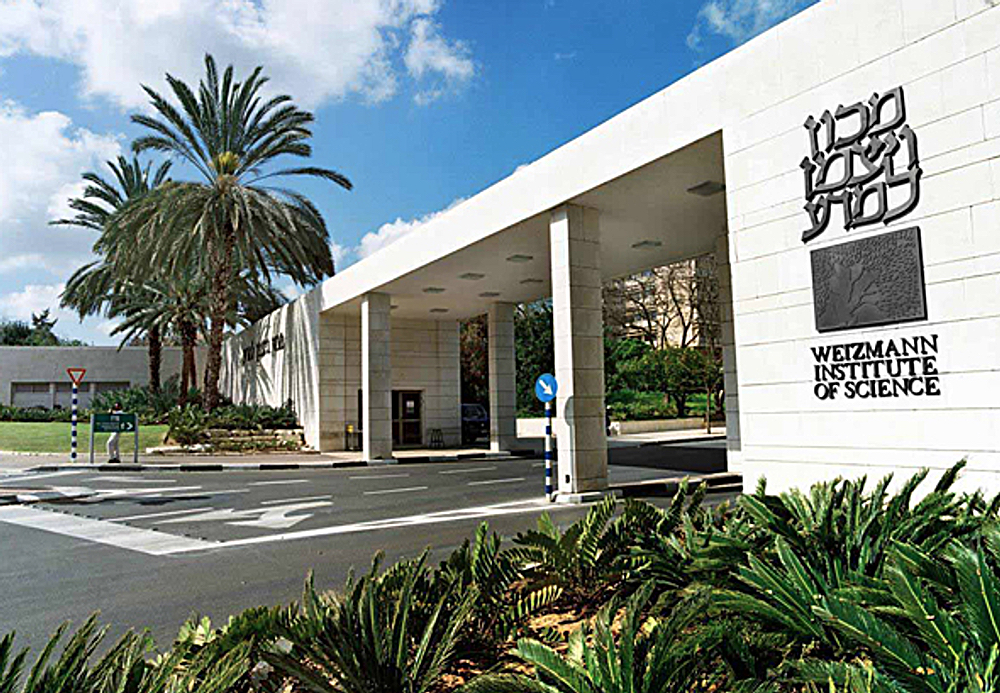Cannabinoids are lipophilic in nature, meaning that they dissolve in oil-based solvents but not in water. However, there is already a significantly high demand in the market for water-soluble cannabinoids to be used in the production of cannabis-infused beverages and food ingredients.
So far, the industry has been relying mostly on nano-emulsion technologies for the production of cannabis-infused beverages, where the cannabinoids are encapsulated in liposomes or other water-soluble nanoparticles to achieve a certain level of cannabinoid solubility. Nevertheless, a growing evidence suggest that these nano-particles may be hazardous, as they do not completely break down in the body and might accumulate in different tissues and organs, thus creating a health risk.
Xinteza of Tel Aviv announced today the discovery, in research led by Prof. Asaph Aharoni at the Weizmann Institute of Science, of a novel sub-set of cannabinoid-glycosylation enzymes and genes, uniquely tailored by nature to promote enzymatic fusion of sugar moieties to cannabinoid molecules, thus enabling the production of true water-soluble cannabinoids.
“This discovery of glycosylation-related genes and enzymes is a key milestone in uncovering additional aspects of the complex metabolism associated with cannabinoids, and another leap forward in our ongoing journey of discovery of biological infrastructures, molecules, modifications, and processes associated with cannabinoids,” said Prof. Asaph Aharoni, Xinteza’s scientific co-founder and head of the Weizmann Institute of Science Plant Metabolomics Lab and of the Institute’s Plant and Environmental Sciences Department.
Bringing a better idea to fruition
The idea of using glycosylation, meaning the process of fusing cannabinoid molecules with sugar moieties to achieve water solubility, is not new and was suggested in the past. However, the cannabis plant itself does not possess such glycosylating enzymes, and other enzymes sourced from other plants (such as rice or stevia, for example) have shown limited activity as they were not originally tailored by nature to glycosylate cannabinoid molecules. The natural modification process eliminates the need to use liposomes or other nanoparticles.
“These flavorless, odorless, colorless, immediately-impacting true water-soluble cannabinoids offer a cleaner, more sustainable and a higher quality alternative to the often smelly, bitter, brownish, oil-based products”, said Alon Gal, Xinteza’s CEO. “Moreover, our technology enables an efficient biosynthesis platform for a commercial-scale production of these active ingredients, thus unlocking the rise of the more advanced cannabinoid-based products.”
Advertisement
For further information, please contact info@xinteza.com
 Research led by Prof. Asaph Aharoni at the Weizmann Institute of Science in Tel Aviv, seen here in an undated photo, has discovered a new set of cannabinoid-glycosylation enzymes and genes to create true water-soluble cannabinoids. PHOTO WEIZMANN INSTITUTE
Research led by Prof. Asaph Aharoni at the Weizmann Institute of Science in Tel Aviv, seen here in an undated photo, has discovered a new set of cannabinoid-glycosylation enzymes and genes to create true water-soluble cannabinoids. PHOTO WEIZMANN INSTITUTE








